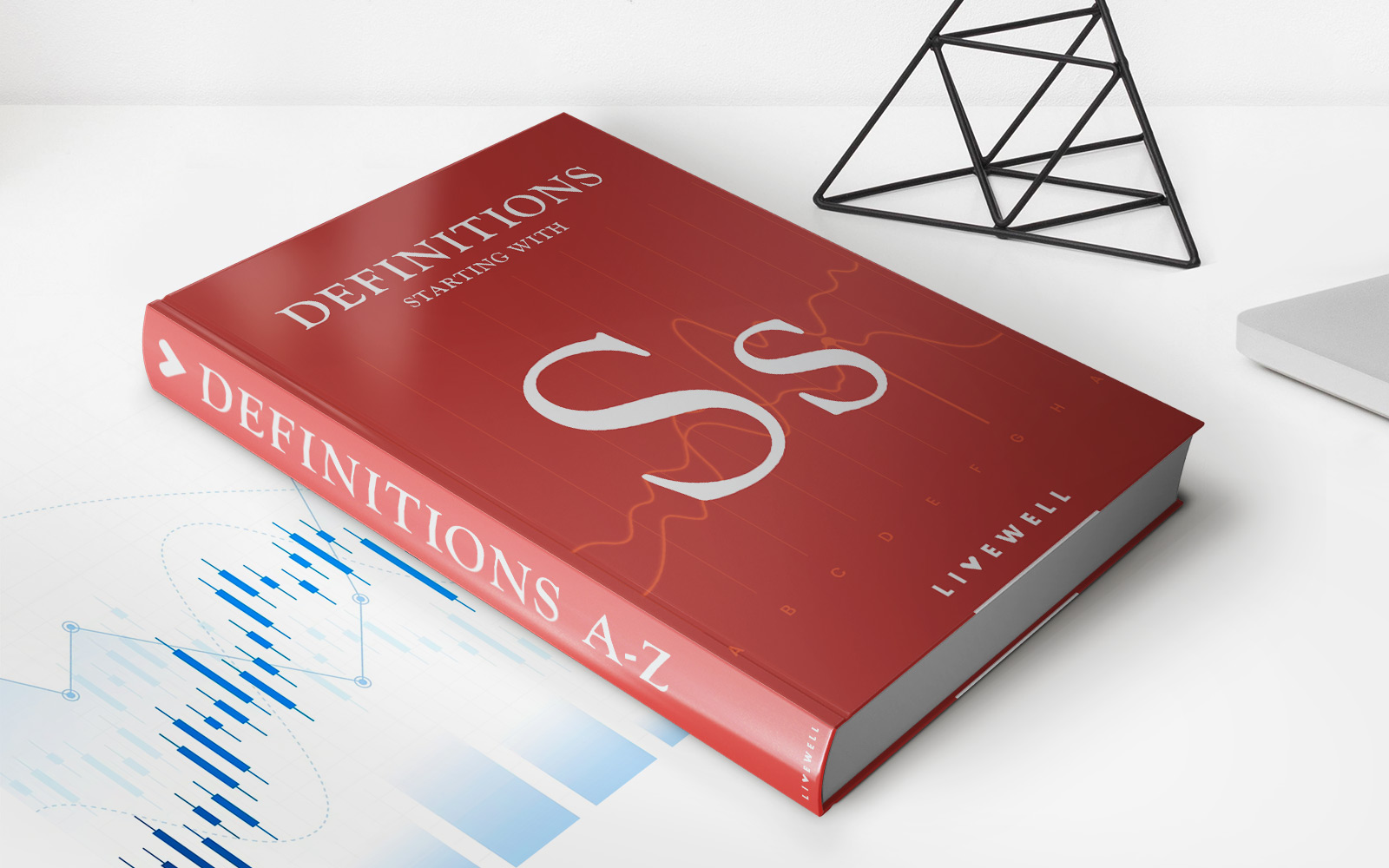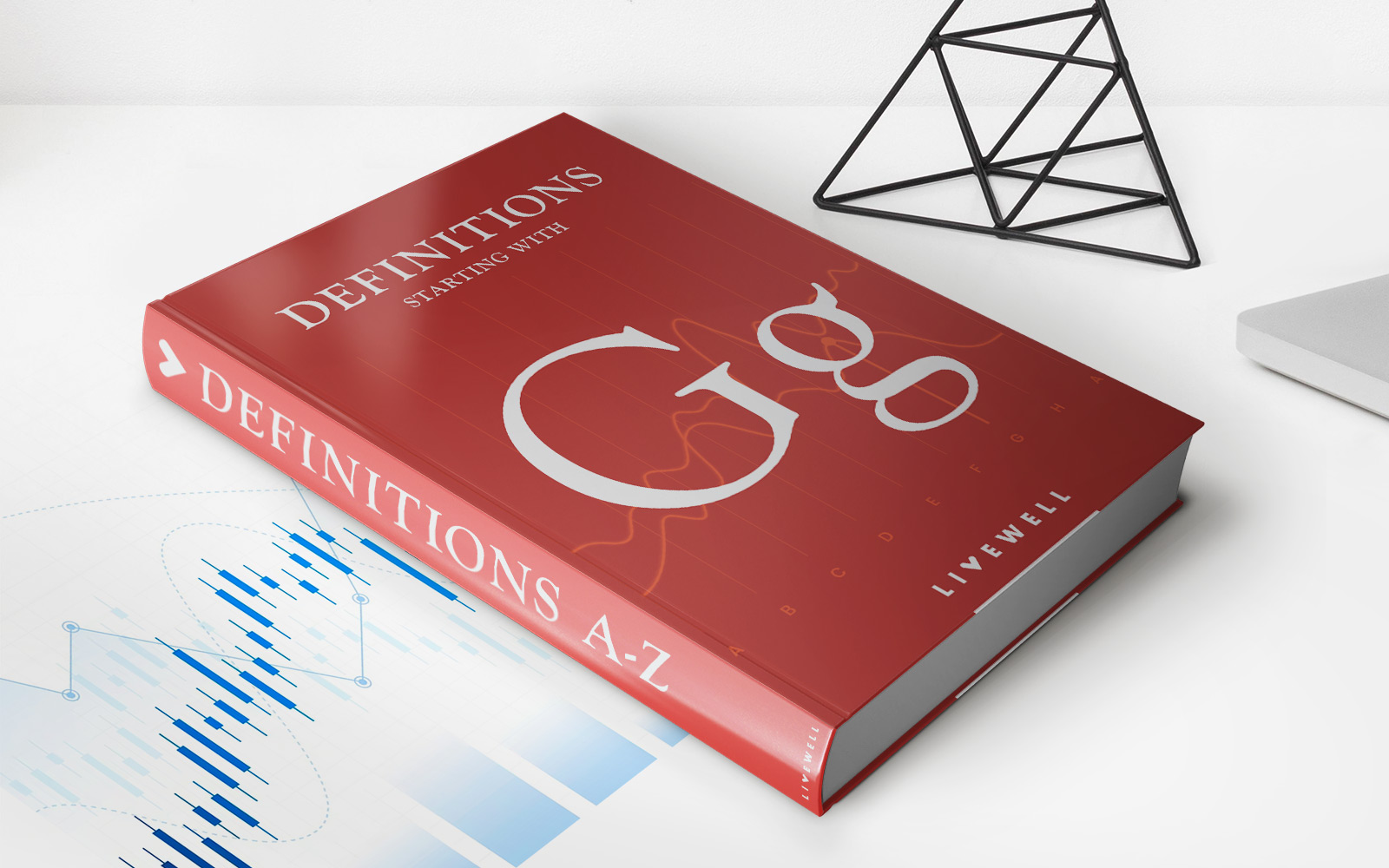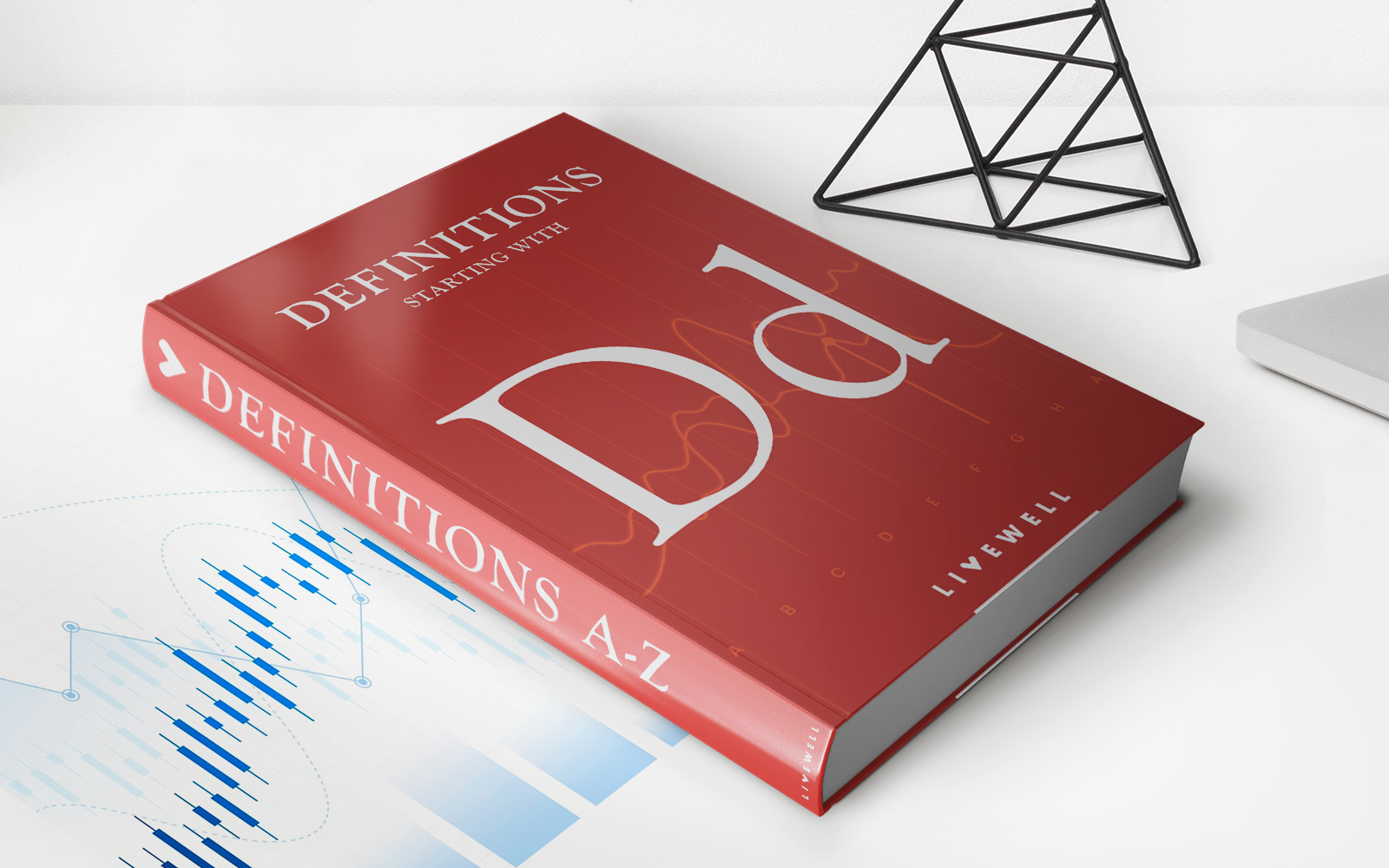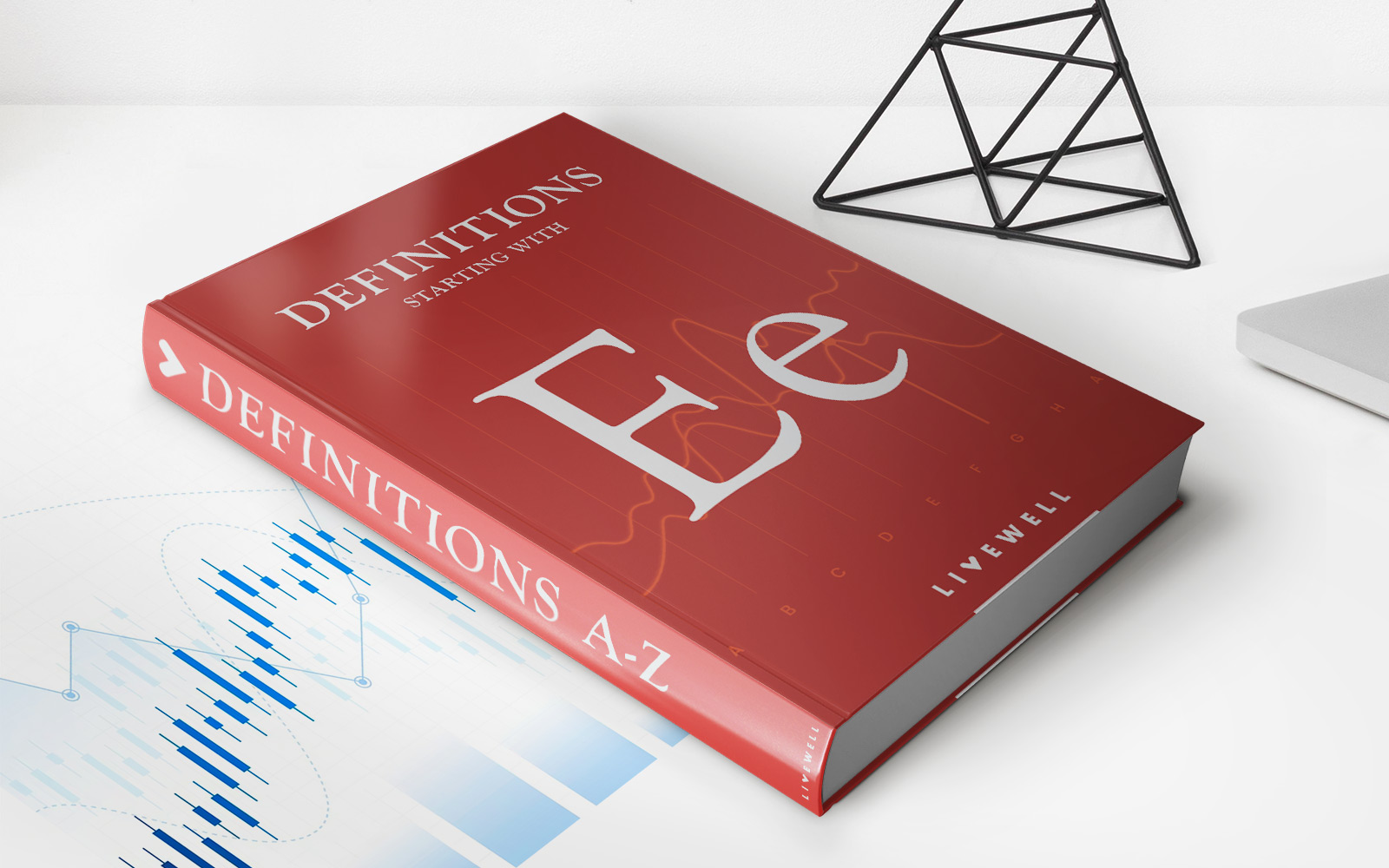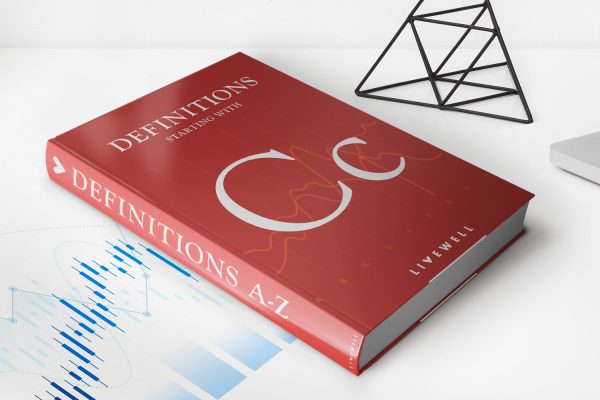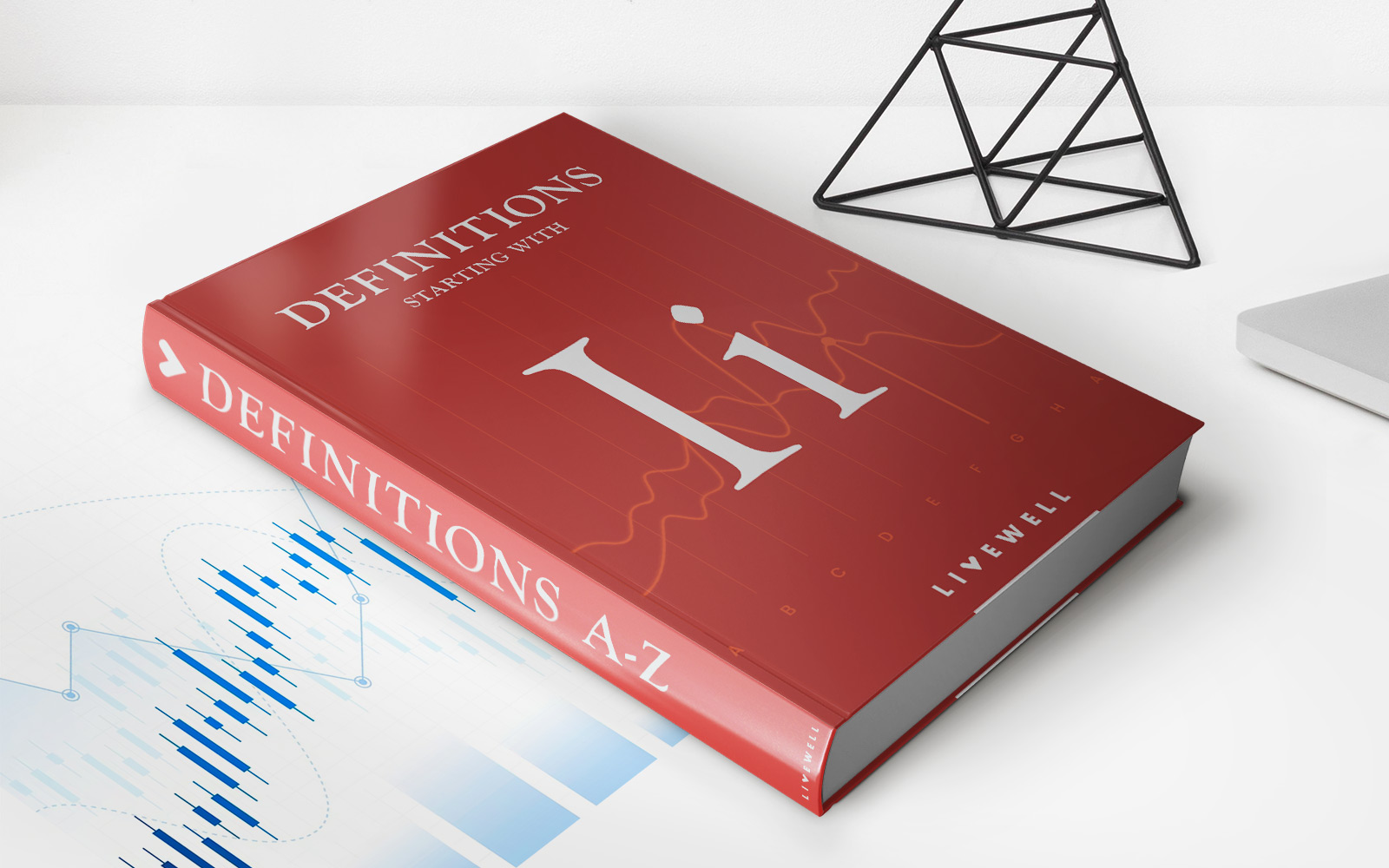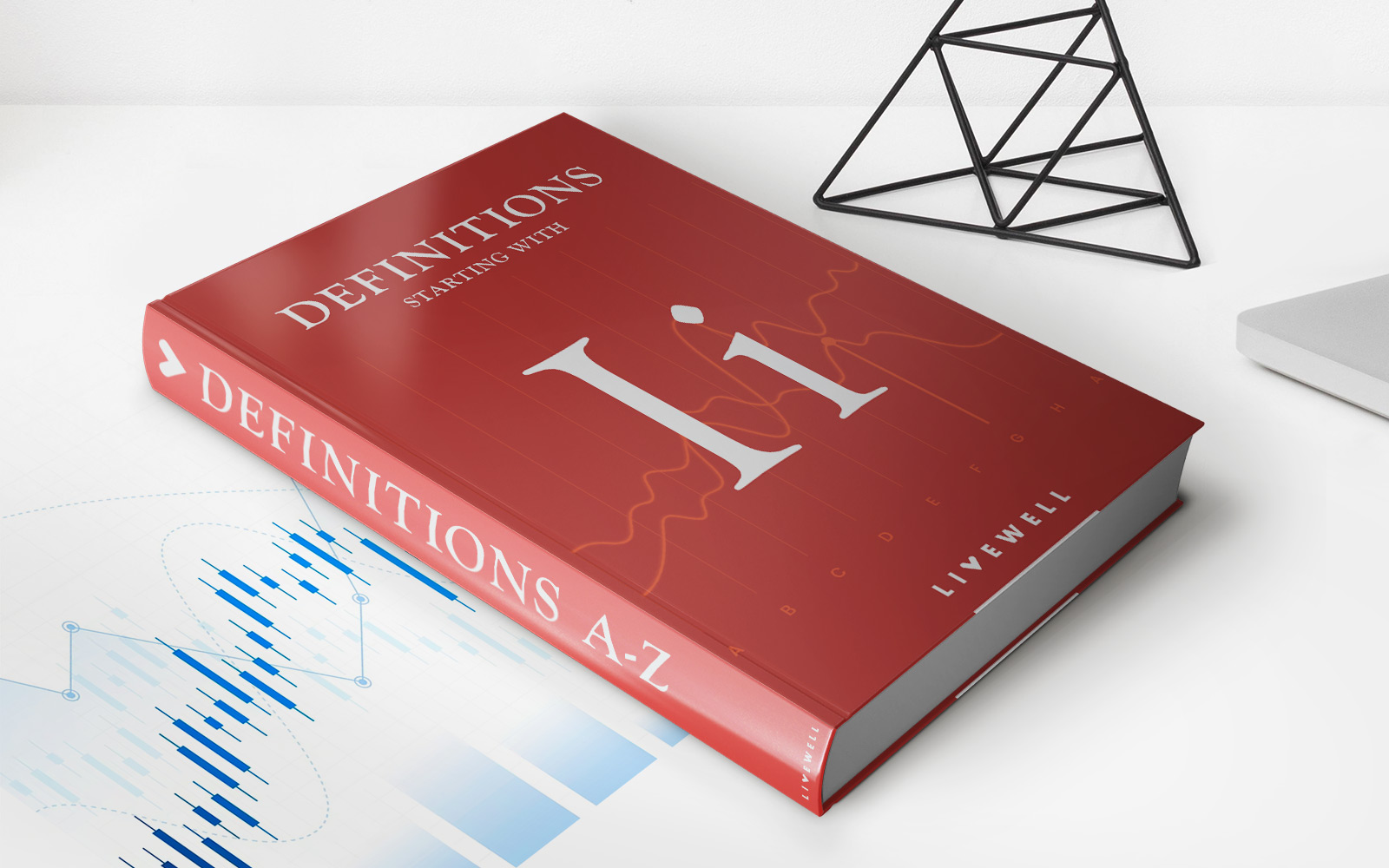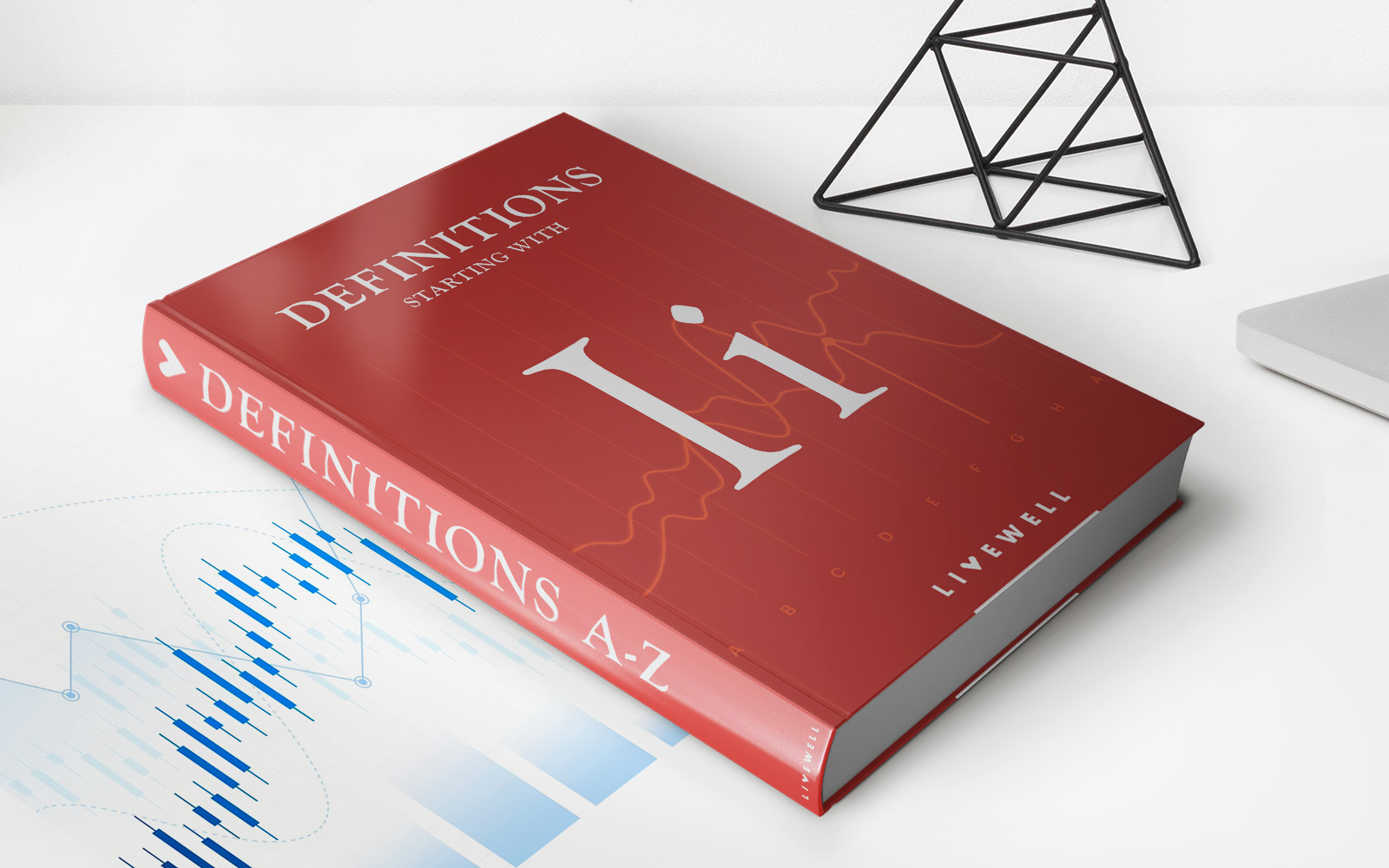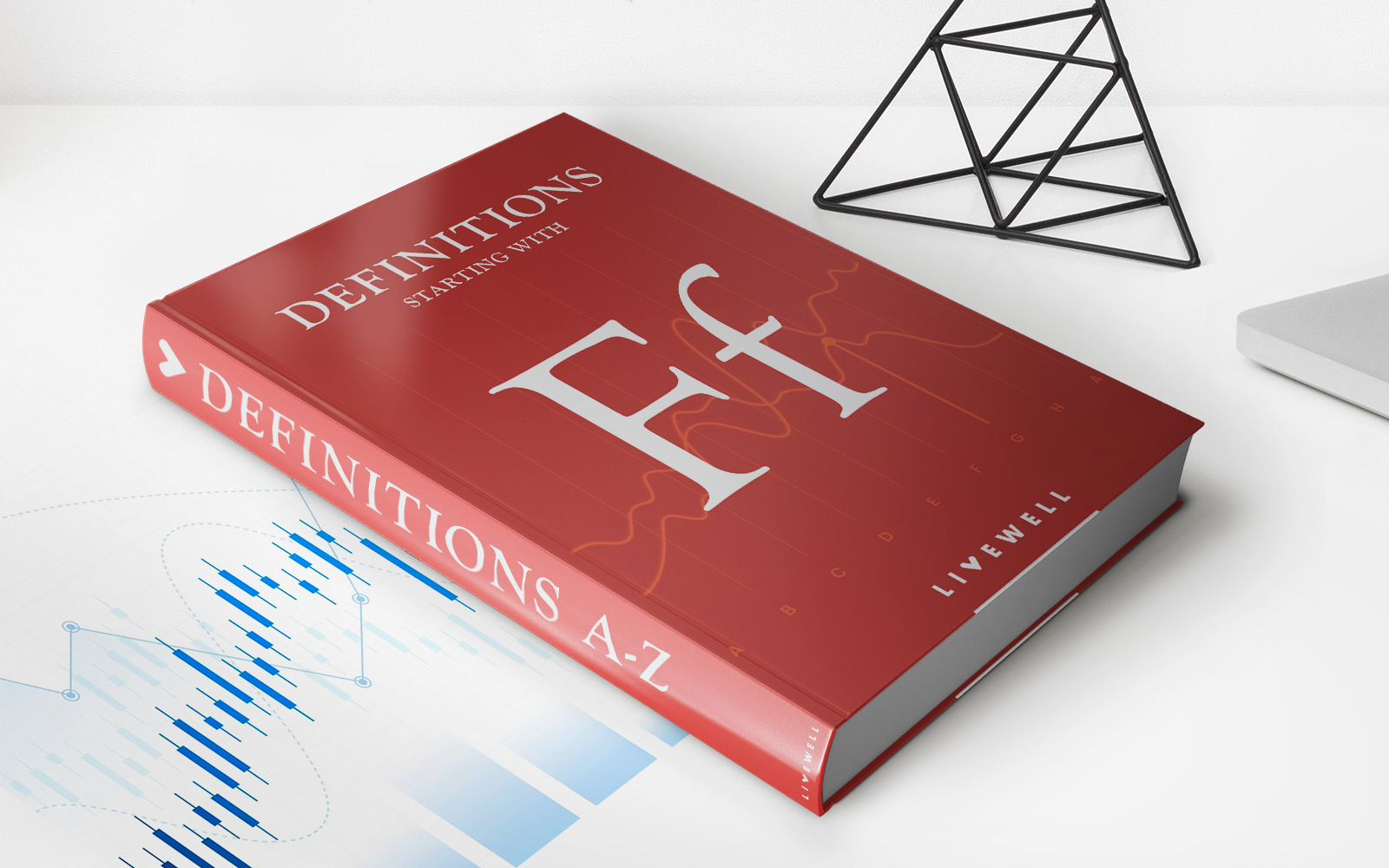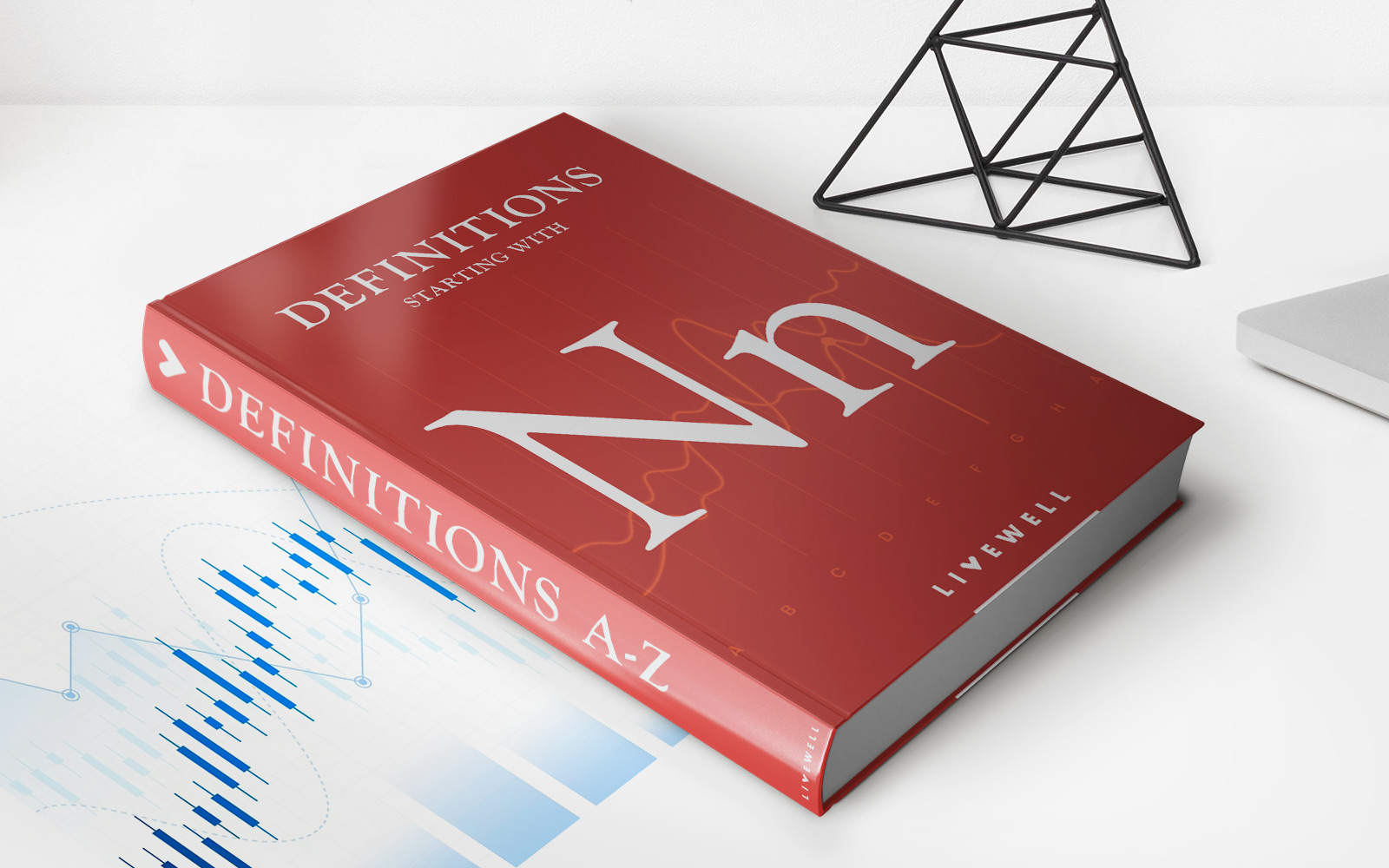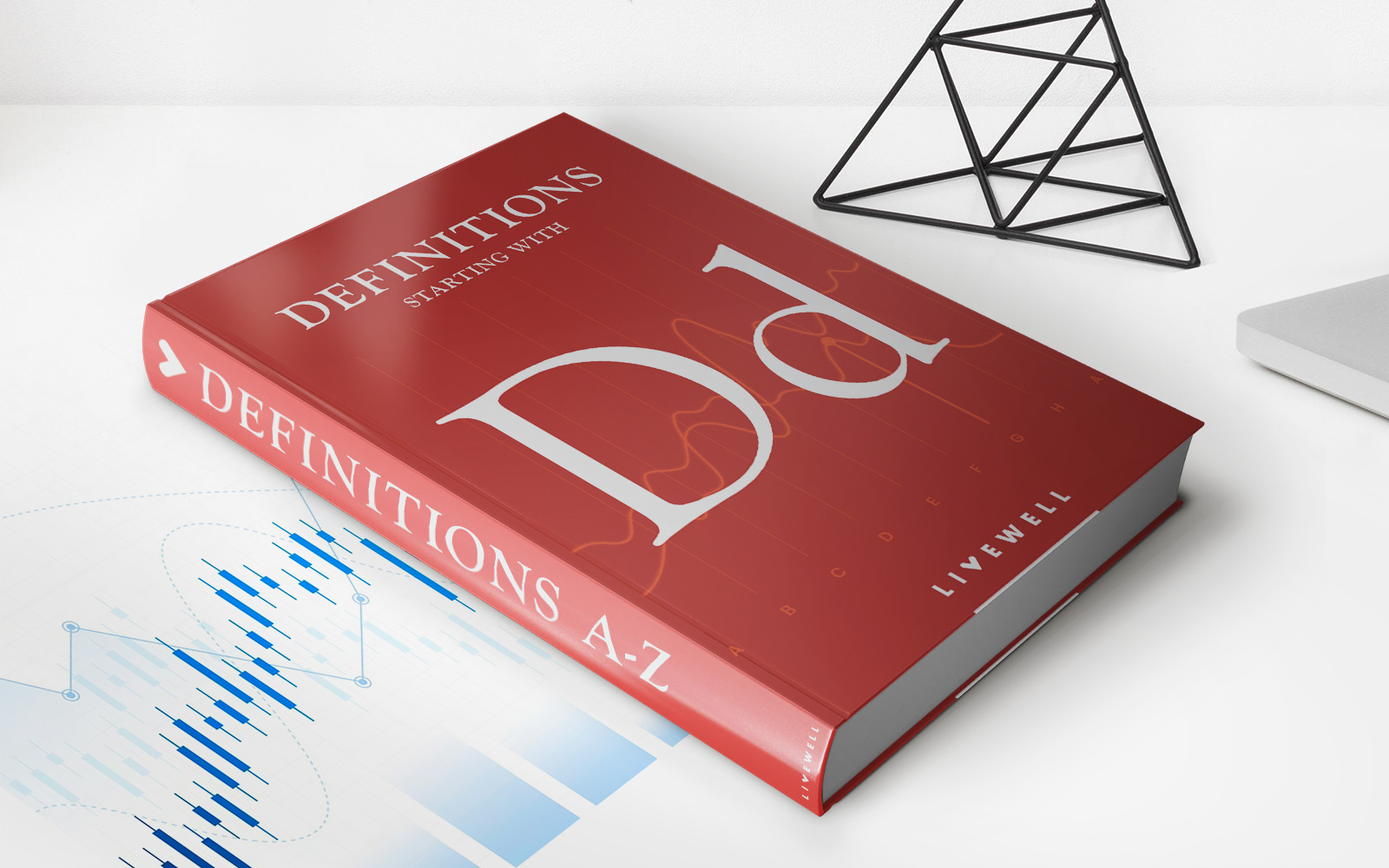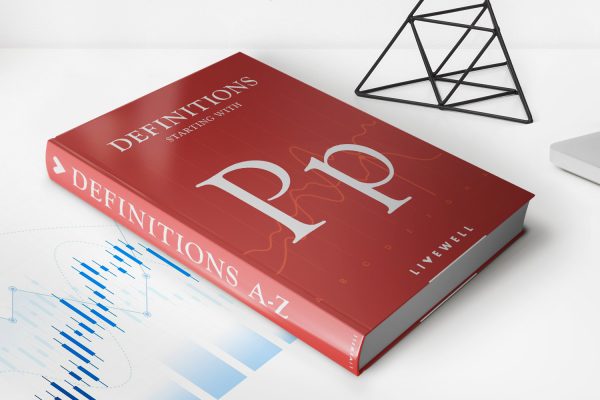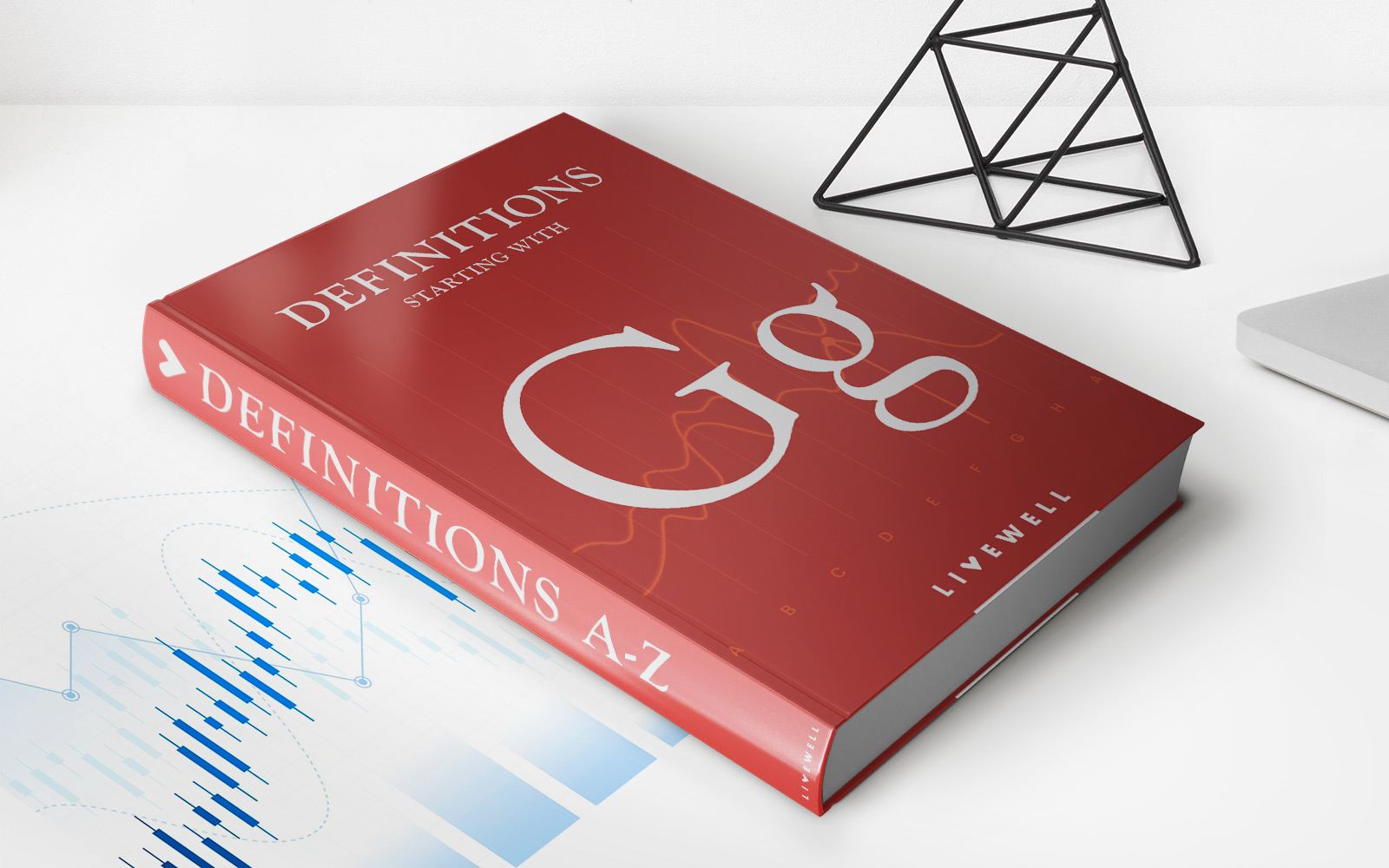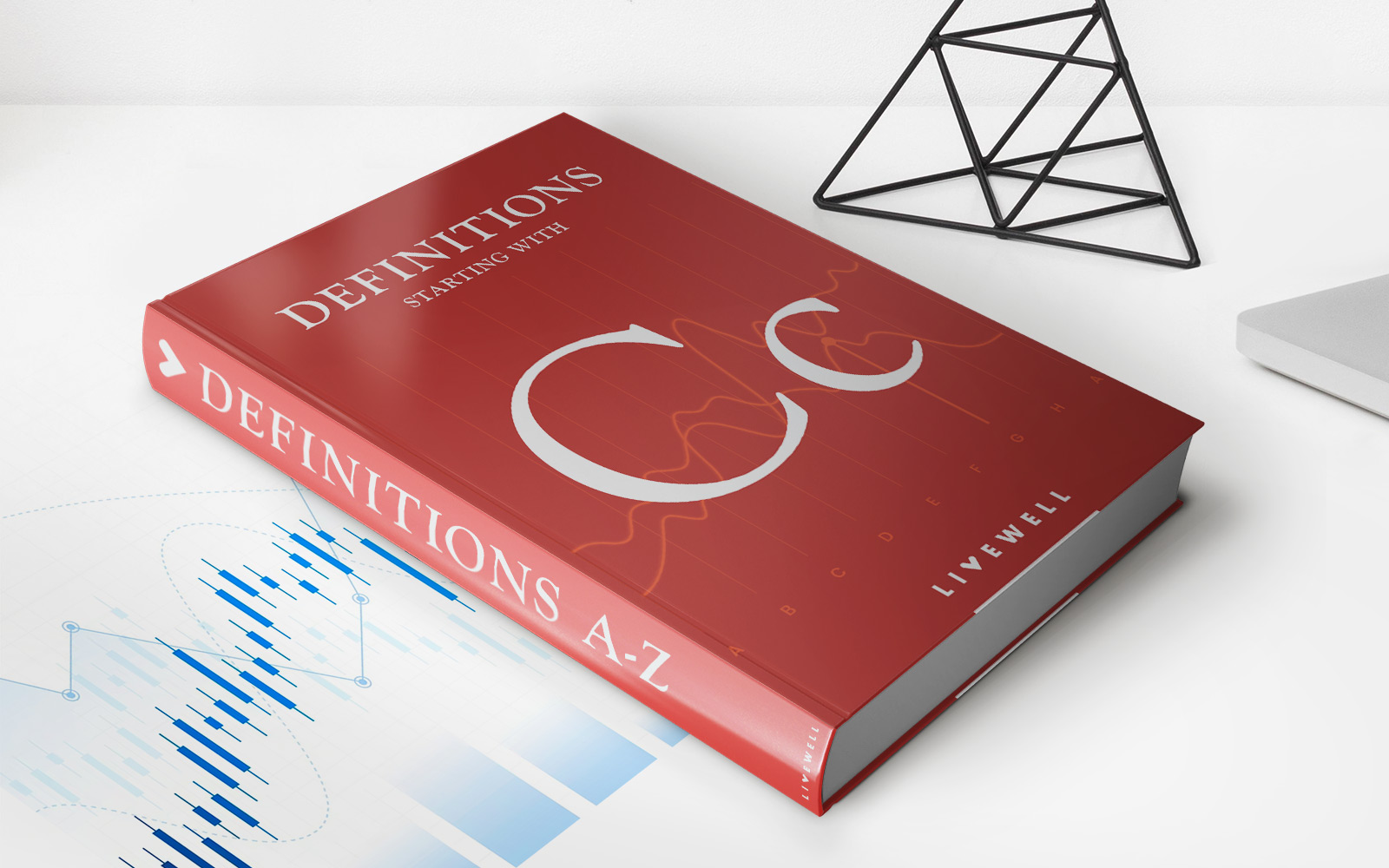Home>Finance>Consumerism Explained: Definition, Economic Impact, Pros & Cons
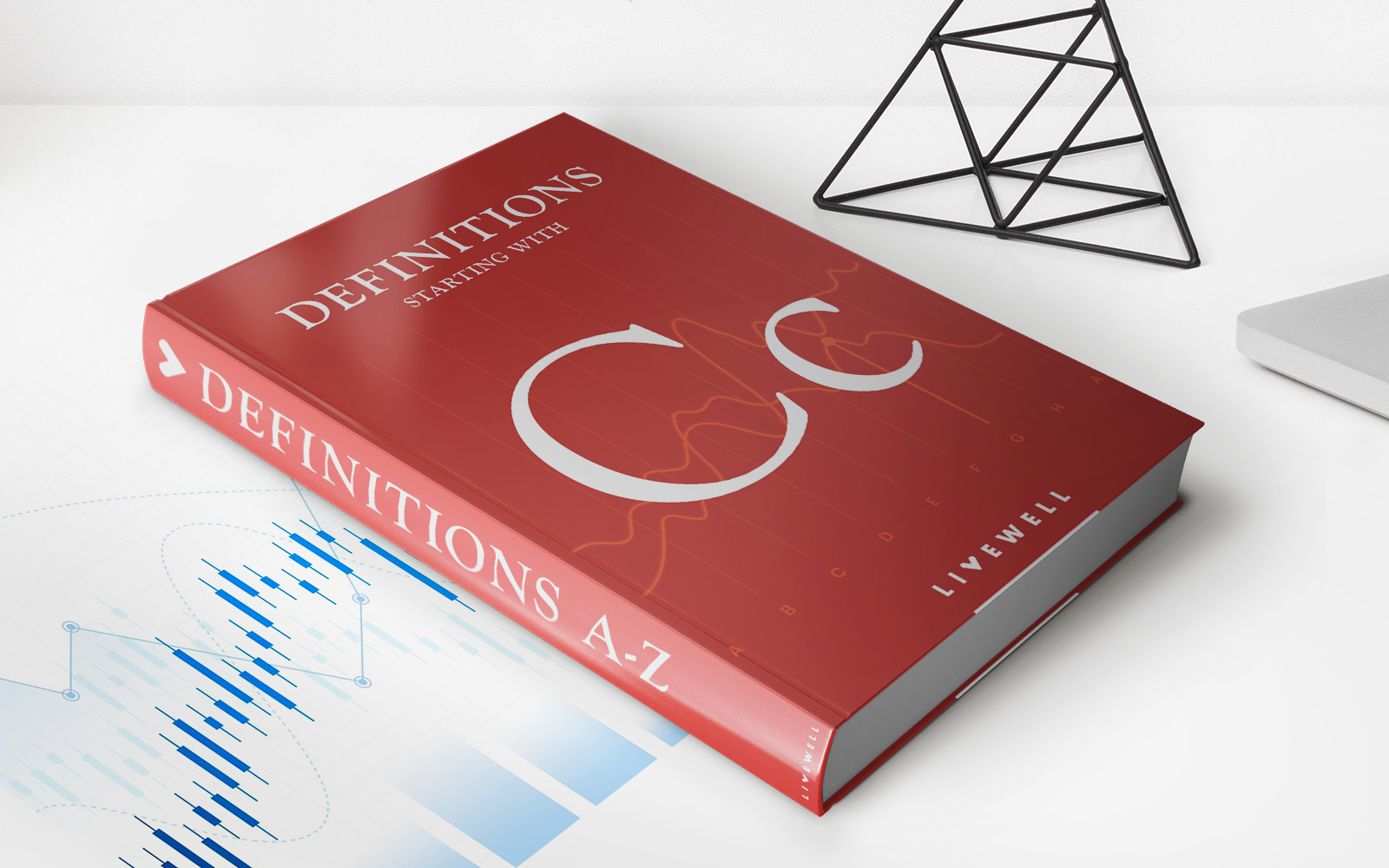

Finance
Consumerism Explained: Definition, Economic Impact, Pros & Cons
Published: November 1, 2023
Discover the impact of consumerism on the economy. Learn about the definition, pros, and cons of consumerism in finance.
(Many of the links in this article redirect to a specific reviewed product. Your purchase of these products through affiliate links helps to generate commission for LiveWell, at no extra cost. Learn more)
Understanding Consumerism: A Comprehensive Guide
Welcome to our Finance category where we dive deep into various aspects of the world of personal finance. Today, we are going to explore the concept of consumerism and its impact on our economy. Have you ever wondered how consumerism affects our spending habits and the overall health of our financial systems? In this blog post, we will break it down for you, explaining what consumerism is, its economic impact, and the pros and cons associated with this phenomenon. So, let’s get started!
Key Takeaways:
- Consumerism refers to the culture of acquiring and consuming goods and services in large quantities, driven by factors such as advertising, peer influence, and societal pressure.
- Consumerism has both positive and negative effects on the economy and individuals, including economic growth, job creation, increased standard of living, environmental degradation, and personal financial struggles.
Definition of Consumerism
Consumerism can be defined as the cultural and socioeconomic phenomenon in which the acquisition and consumption of goods and services play a central role in people’s lives. It is characterized by a constant desire for material possessions and the belief that happiness and success can be achieved through the accumulation of these possessions. Consumerism is driven by various factors, including advertising, social influence, and the desire for status and social approval.
The Economic Impact of Consumerism
Consumerism plays a significant role in shaping our economy. Here are some of the key economic impacts of consumerism:
- Economic Growth: Consumer spending is a crucial driver of economic growth. When consumers are actively purchasing goods and services, it stimulates demand and encourages businesses to invest, leading to economic expansion.
- Job Creation: Increased consumer spending leads to more opportunities for employment. As demand grows, businesses need to hire more workers to meet the increased production and service demands.
- Improved Standard of Living: Consumerism has led to the availability of a wide range of products and services, improving the overall quality of life for many individuals. It provides access to modern conveniences and advancements that enhance comfort and convenience.
The Pros and Cons of Consumerism
While consumerism can have benefits for the economy, it also has its drawbacks. Let’s explore some of the pros and cons:
Pros:
- Increased Innovation: Consumer demand drives businesses to innovate and create new products and services that meet the evolving needs and desires of consumers.
- Job Opportunities: As mentioned earlier, consumerism leads to job creation, providing people with employment opportunities and supporting economic stability.
- Technological Advancements: In a consumer-driven economy, businesses invest in research and development, leading to technological advancements that benefit society as a whole.
Cons:
- Environmental Impact: Consumerism often leads to overconsumption and excessive waste, resulting in environmental degradation, resource depletion, and increased carbon emissions.
- Financial Struggles: Excessive consumerism can lead to financial hardships for individuals and families. Overspending, credit card debt, and living beyond one’s means can have long-term negative effects on personal finances.
- Unsustainable Consumption: The constant pursuit of material possessions can lead to a sense of emptiness and unfulfillment, as true happiness and fulfillment may not lie solely in the accumulation of material wealth.
Consumerism is a complex and multifaceted phenomenon that has become deeply ingrained in modern society. While it drives economic growth and provides opportunities, it also poses challenges and risks. Finding a balance between responsible consumption and personal financial well-being is essential for individuals and the overall sustainability of our economy.
We hope this article has provided you with a better understanding of consumerism, its economic impact, and the pros and cons associated with it. Remember, being mindful of our consumption choices can help us lead more fulfilling and financially sound lives. Stay tuned for more insightful articles on personal finance in our Finance category!
